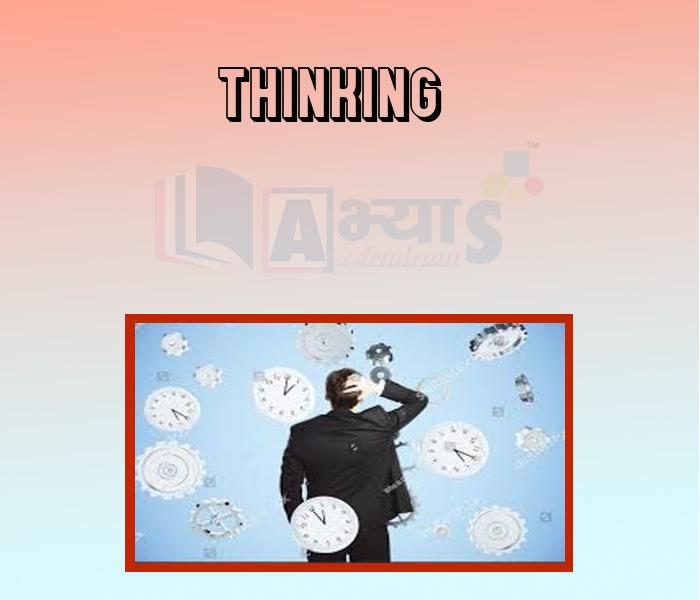Thinking About Time and Historical Periods












Thinking About Time and Historical Periods
Thinking About Time and Historical Periods: Historians do not see time just as a passing of hours, days or years- as a clock or a calendar. Time also reflects changes in social and economic organization, in the persistence and transfor4mation of ideas and beliefs. The study of time is made somewhat easier by dividing the past into large segments- periods- that possess shared characteristics. In the middle of the nineteenth century British historians divided the history of India into three periods: “Hindus”, “Muslim” and “British”. This division was based on the idea that the religion of rulers was the only important historical change, and that there were no other significant developments- in the economy, society or culture. Such a division also ignored the rich diversity of the subcontinent.
Few historians follow this periodisation today. Most look to economic and social factors to characterise the major elements of different moments of the past.The histories we read last year included a wide range of early societies - hunters- gatherers, early farmers ,people living in towns and villages, and early empires and kingdoms.The histories you will be studying this year are often described as 'medieval'.you will find out more about peasants societies ,the rise of regional amd imperial state formations-sometimes at the cost of pastoral and forest people- the development of Hinduism m and Islam as major religious and the arrival of European trading companies.
These thousands years of Indian history witnessed considerable change. After all,the sixteenth and eighteenth centuries were quite different from the eighth or the eleventh. Therefore ,describing the entire period as one historical unit is not without its problems Moreover, the "medieval" period is often contrasted with of material progress and intellectual advancement . This seems to suggest that the medieval period was lacking in any change whatsoever.
During thousand years the societies of the subcontinent were transformed often and economies in several regions reached a level of prosperity that attracted the interest of European trading companies.
Students / Parents Reviews [10]
It was a good experience with Abhyas Academy. I even faced problems in starting but slowly and steadily overcomed. Especially reasoning classes helped me a lot.

Cheshta
10thMy experience with Abhyas academy is very good. I did not think that my every subject coming here will be so strong. The main thing is that the online tests had made me learn here more things.

Hiya Gupta
8thBeing a parent, I saw my daughter improvement in her studies by seeing a good result in all day to day compititive exam TMO, NSO, IEO etc and as well as studies. I have got a fruitful result from my daughter.

Prisha Gupta
8thOne of the best institutes to develope a child interest in studies.Provides SST and English knowledge also unlike other institutes. Teachers are co operative and friendly online tests andPPT develope practical knowledge also.

Aman Kumar Shrivastava
10thIt has a great methodology. Students here can get analysis to their test quickly.We can learn easily through PPTs and the testing methods are good. We know that where we have to practice

Barkha Arora
10thMy experience was very good with Abhyas academy. I am studying here from 6th class and I am satisfied by its results in my life. I improved a lot here ahead of school syllabus.

Ayan Ghosh
8thMy experience with Abhyas is very good. I have learnt many things here like vedic maths and reasoning also. Teachers here first take our doubts and then there are assignments to verify our weak points.

Shivam Rana
7thI have spent a wonderful time in Abhyas academy. It has made my reasoning more apt, English more stronger and Maths an interesting subject for me. It has given me a habbit of self studying

Yatharthi Sharma
10thAbout Abhyas metholodology the teachers are very nice and hardworking toward students.The Centre Head Mrs Anu Sethi is also a brilliant teacher.Abhyas has taught me how to overcome problems and has always taken my doubts and suppoeted me.

Shreya Shrivastava
8thAbhyas is a complete education Institute. Here extreme care is taken by teacher with the help of regular exam. Extra classes also conducted by the institute, if the student is weak.
